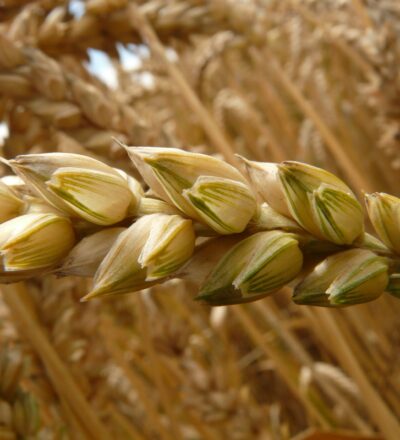During our ISPT Conference 2020 (which was online) we discussed nature-inclusive and circular agriculture in the Netherlands (Groningen), where ISPT runs a program called Fascinating.
Groningen has all ingredients to kick-start the transition towards a sustainable and nature-inclusive agriculture. The region combines available land with large- scale industrial infrastructure for biomass processing, the development of sustainable sources of energy and a well-developed chemical industry. The knowledge infrastructure is well positioned too. Nowhere in the Netherlands this combination is in such proximity with to each other.
The Netherlands have an efficient agricultural system
“We already have an efficient agricultural system in the Netherlands,” Tjeerd Jongsma says. “It starts with our perception of the nutritional value for human beings: what do we need for a healthy diet? We need to change the way we use crops and focus on quality instead of quantity. And in a circular agricultural system we give back to the soil what we got from it.”
Peter de Jong, Program Director MFFF, Drying & Dewatering: “This end-to-end approach is important. To determine how to change the system to crops with high quality proteins we have to look at the whole system of processing steps.”
Changing our agricultural system takes endurance
This can’t be done in a short period of time according to Peter Bruinenberg, Public Affairs at Avebe. “A food transition like this will take at least 10 years. Changing our agricultural system takes real endurance. Let’s start by supporting on the strong agricultural system we already have in the Netherlands. Farmers are willing to answer the protein question, but they also need to make money. On top of a business model, regulation is needed.”
The Fascinating project already has a lot of political support. De Jong is optimistic we can make the transition towards the agriculture of the future: “The Netherlands has a long history as an expert country in agriculture. We make added value. If we give farmers clever regulation, they will manage it.”
